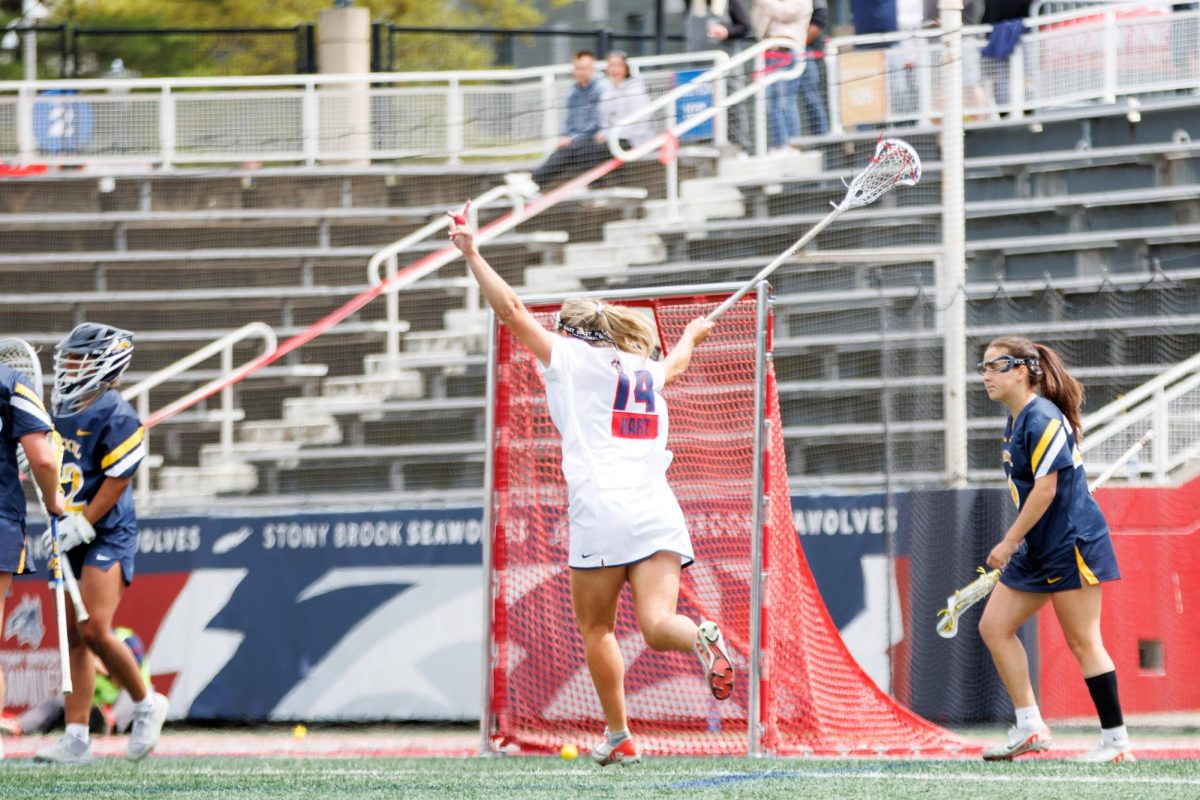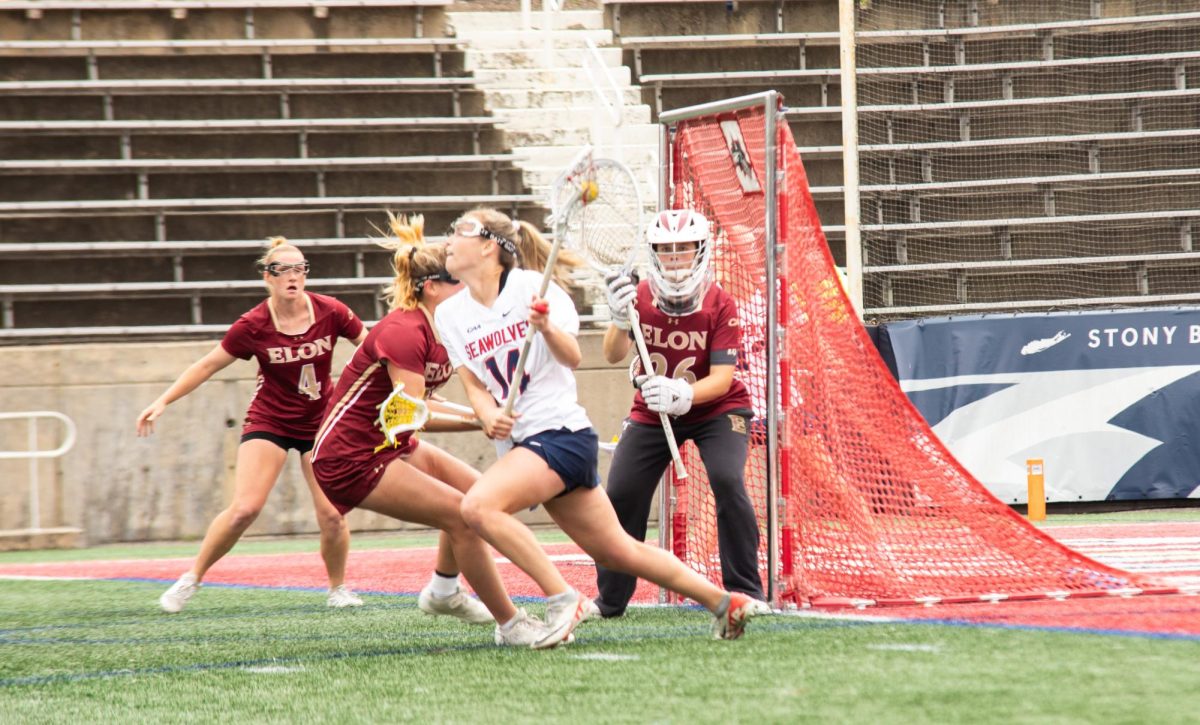It has been an interesting year to be a newspaper editor, particularly of the opinion section. Maybe it’s just me, but it seems as though significant events have been cropping up at a higher frequency than usual – war, political change, economic crises, technological revolutions, disease scares, acts of terrorism, new university presidents… the list goes on.
So of course, whenever things are happening, people will have their opinions and want to express them. My goal as an editor was to provide a platform where students could freely express their opinions to a public audience and where readers could sample a panoply of ideas, written to inform and not indoctrinate. Though its pages were dominated by a few authors, I do believe I was largely successful at filling the opinion and editorial pages towards this goal.
Our nation’s airwaves and mainstream news media organizations are filled with partisanship under the pretense of neutrality. Political pundits offer criticisms of their opposition, ideological banter with little substance, falsifiability, and deceptive self-certainty. And these are people we consider ‘major players’ in political commentary. At a University setting, we cannot allow ourselves to fall prey to these same biases.
Any of you who have read my past columns may detect some hypocrisy in those words. Yes, I have my own biases and ideology – who doesn’t? – and have expounded them extensively over the past year. Allow me to explain now that my primary concern, as an editor and writer, was not to claim intellectual superiority (thankfully, my ego isn’t that big) but rather to stimulate dialog between competing ideas.
So, if you have ever read one my articles (or someone else’s) and have experienced a sense of outrage, then mission accomplished. I know for a fact that this has happened – and I have the hate mail to prove it. Having people agree with you is nice, but in the long run, it is not constructive. Some of the most descriptive, strongly opposed letters I have gotten have led to the most interesting and fruitful debates.
During these times of heavy partisanship, blind ideology serves a distracting role. Receiving passive nods of agreement may bolster your position, but challenges to those beliefs force you to examine them, test them, reinforce them or abandon them.
Witnessing this phenomenon has been a healthy lesson for my own life, and I hope Statesman readers have benefited from this as well. As the class of 2009 commences its advancement into the real world (or grad school), this lesson will be even more poignant. Listen, try to understand even if you don’t agree, and learn. There is a lot of chatter out there, and you’re the only one who can filter out the noise to get to the juicy signal inside. Most importantly, know that you have avenues to make your important ideas heard. The Statesman is Stony Brook’s paper, and cannot exist without input from student writers who contribute to constructive debate.
I would like to thank Statesman readers, dedicated and sporadic, for sparing some attention twice a week to consider what fellow Stony Brook students have to say. I am happily passing the hat on to a new editor next semester as I graduate from Stony Brook. I will fondly remember the other Statesman editors – who have become the most excellent friends -my own role here, and the lessons I’ve learned.











